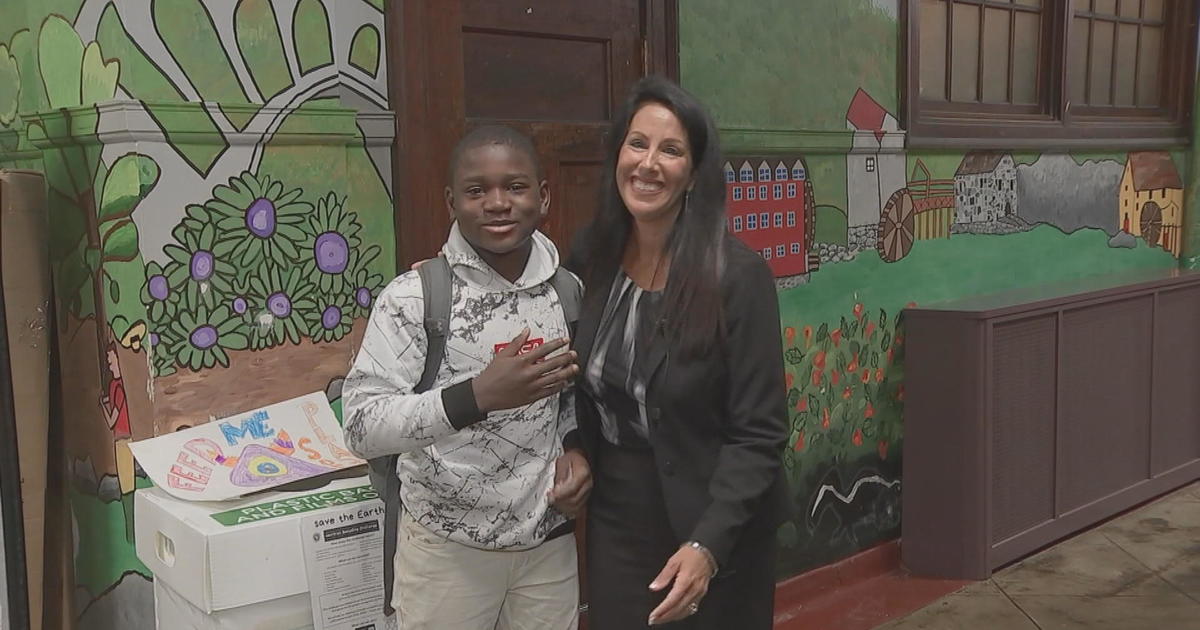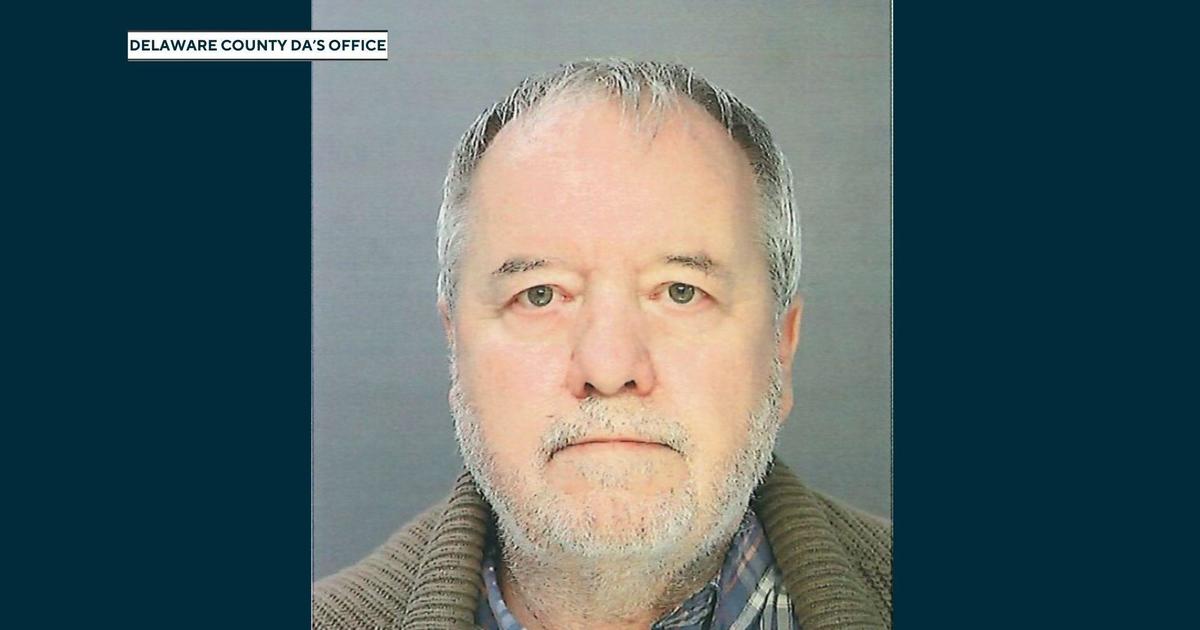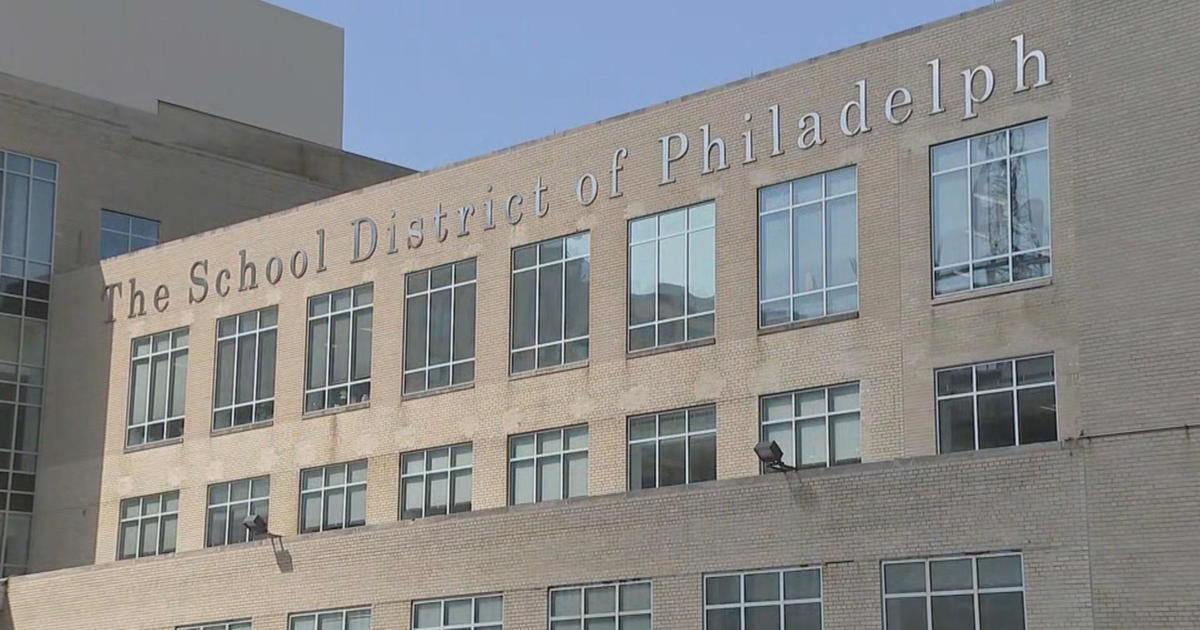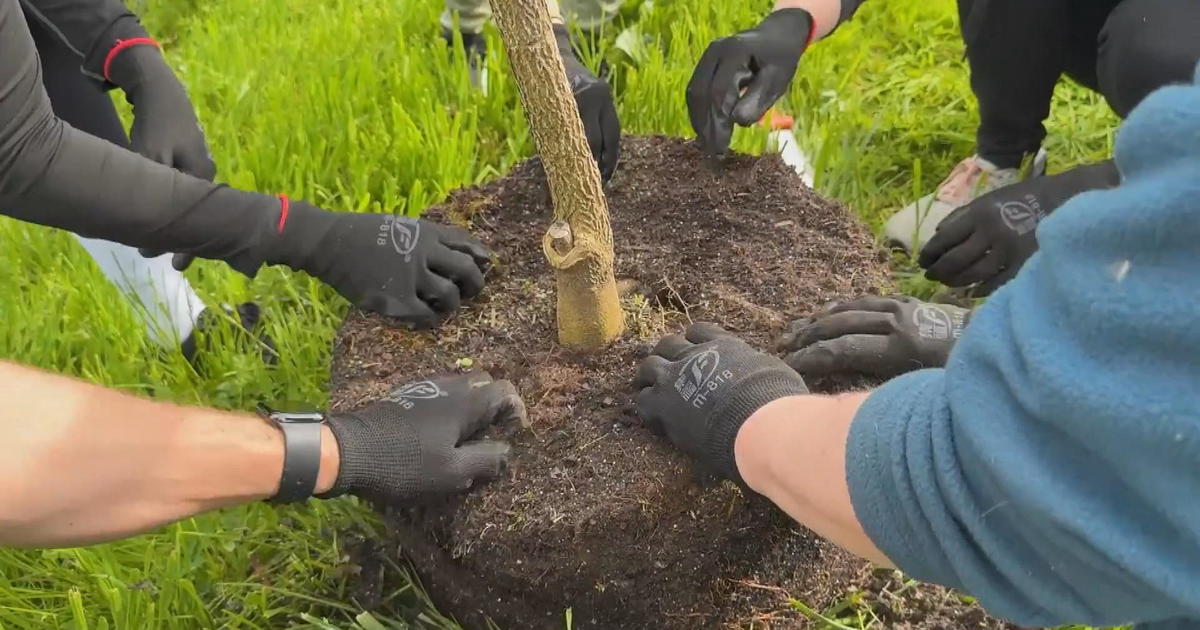"Probable Cause" For A Discrimination Complaint Against Chestnut Hill College
PHILADELPHIA (CBS) -- Chestnut Hill College finds itself in an uncomfortable position after the Pennsylvania Human Relations Commission found probable cause for a hearing on a case of racial discrimination there.
The case goes back to a February 2012 production of Lorraine Hansbury's classic "A Raisin in the Sun," mounted by student Allen-Michael Meads, a second semester senior and resident assistant, as a project for the college's African-American Awareness Society.
The college charged that, though the play was billed as a fundraiser for the Lupus Foundation, Meads kept most of the proceeds.
It expelled him weeks before he was to graduate.
Meads says the charge was false.
"There is no money that was taken so the only conclusion I can come up with, which I feel strongly, is it's about race," says Meads.
The Commission said it found no evidence that Meads intended to deceive, steal or misappropriate funds.
It has ordered a conciliation session by phone, next month, but a spokesman for the college says it will not settle the case but intends to defend itself at a hearing.
"The facts as reported in the finding of probable cause are at odds with what really happened and we're going to prove that," says Kevin Feeley of Bellevue Communications. "This is not at all a case about racial discrimination. This is a case about theft."
Part of the discrepancy seems to be an accounting problem. The college estimates the production made in excess of $10,000, based on sales of about 300 tickets for each of four performances.
Meads turned over just $500 to the Lupus Foundation.
Meads says he gave away many of the tickets, that the play made less than $2,000 and the donation to the Lupus Foundation was the agreed upon 25 percent.
He says he used the rest of the money for the production and a cast party afterward. The college contended the cast party was not an authorized expenditure.
The college ordered him to turn over an additional $2,248 to the Foundation, which he says he did in order to get his transcript so he could transfer to Cheyney University, where he graduated with a psychology degree.
Feeley says the college is prohibited from providing details of the case but promised there would be evidence at the hearing, which has not yet been scheduled, that will show the college did not discriminate against Meads.
Meads has found allies in the Chestnut Hill College Alumni of Color Collective. They don't endorse either version of the money dispute but say Meads was not given appropriate support for the effort he put into the play.
In an open letter to College president Carol Vale, a religious sister of St. Joseph, the Collective says the case is part of a pattern.
"A lack of diversity is evident at every level of the College's faculty and staff composition, and extends to the academic and social programming on campus," they wrote last week.
The next day, Vale announced the creation of an Officer of Unity and Inclusion, Sister Cecilia Cavanaugh, the longtime Dean of Undergraduate Studies.
The Alumni group responded that they found the appointment perplexing.
"Institutional racism cannot be addressed by shuffling chairs at the table where people of Color are already missing, using euphemisms like unity and inclusion, or flatly ignoring the problem," they wrote in an emailed statement. "Chestnut Hill College does not have a unity problem or an inclusion problem; these terms are not synonymous with diversity. Chestnut Hill College has an institutional racism problem."
Dr. Antoinette Ford, one of the college's earliest African-American graduates, from the class of 1963, attributes the problem to the narrow perspective of the administration.
She praised them as "some of the finest people I know," but she told KYW newsradio, "when you talk only to people just like you, you don't get a lot of external input.
"I'm sure the college believes it is diverse and inclusive," she says, "but to actually get there is going to require real, additional insight."
Ironically, a Raisin in the Sun explores the very topics that the production and its aftermath have raised at the college.



